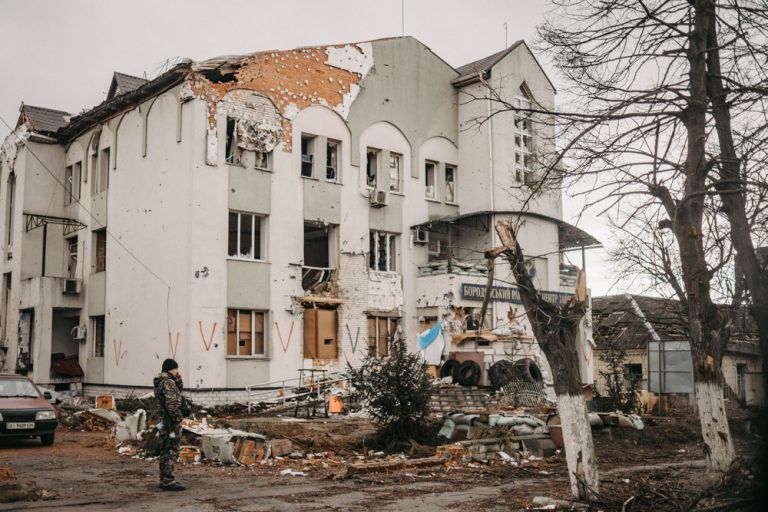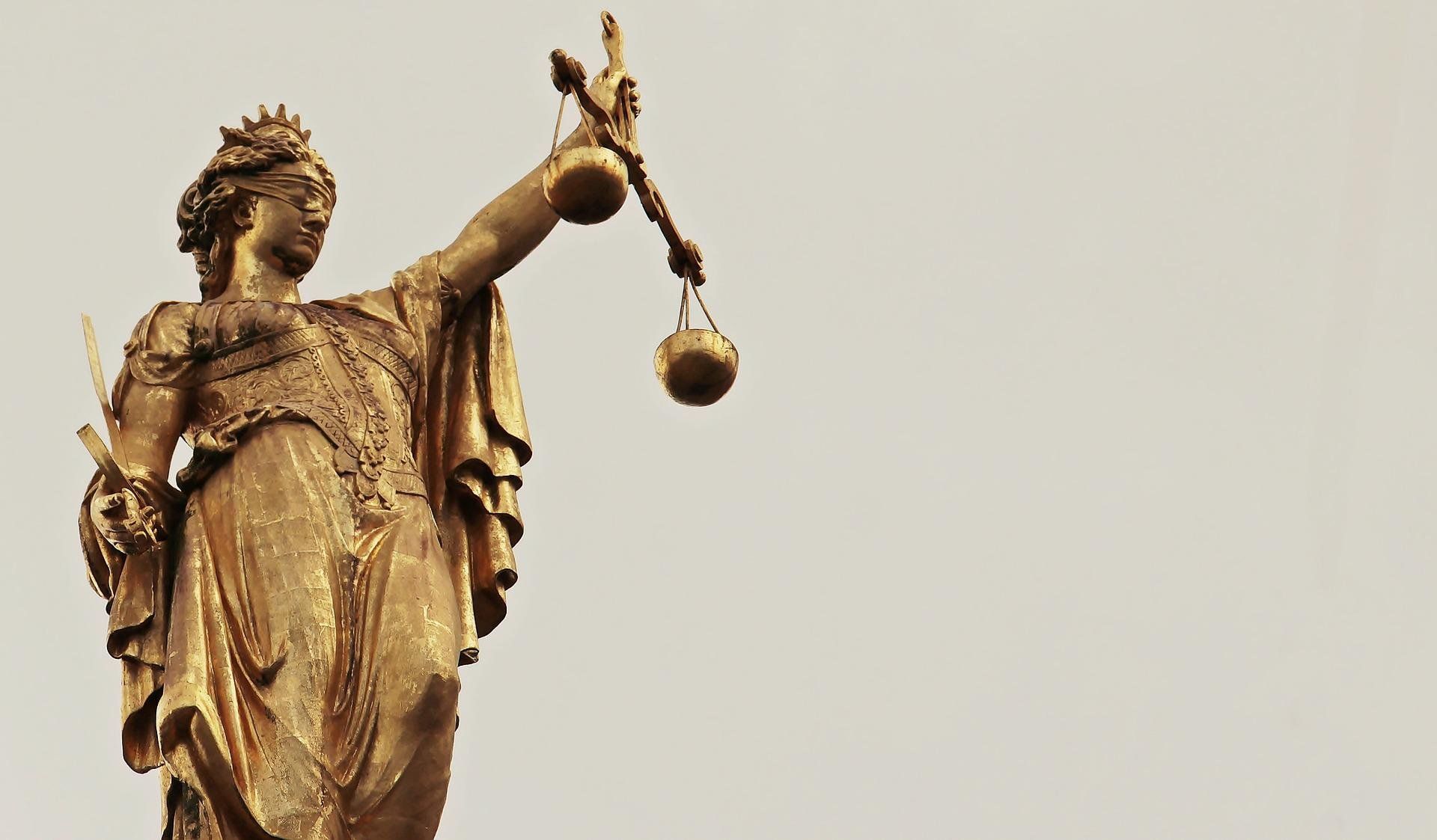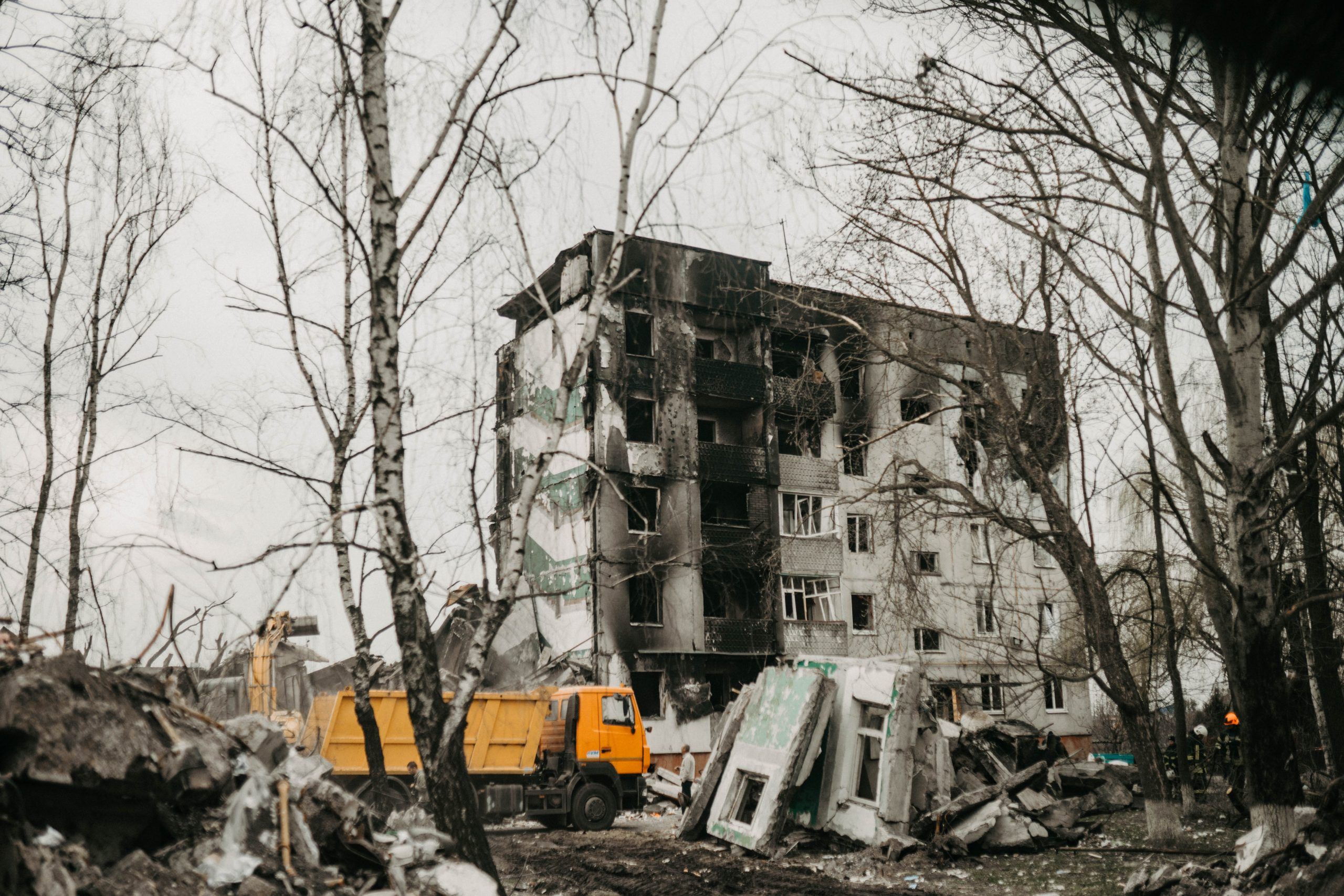The European Commission has launched a new project, under its Foreign Policy Instrument, to support the investigation capacities of the International Criminal Court (ICC) with €7.25 million.
This project, which was first announced by HRVP in Kyiv, is part of the EU’s efforts to fight impunity for international crimes globally. In particular, it will help the ICC to scale up its investigation capacity to respond to the ongoing investigations into war crimes committed by Russia in Ukraine.
The EU supports the investigation launched by the ICC Prosecutor. On 25 April, Eurojust and ICC agreed to join forces and for the Court to participate in the EU’s Joint Investigation Team. The information on possible war crimes and crimes against humanity is currently being collected to enable investigation and adjudication by relevant actors in the future to ensure that those responsible for war crimes and other atrocities are held accountable.
This crisis response measure will provide targeted support to the Office of the Prosecutor of the ICC to further scale up the Office’s data storage and processing infrastructure and to build up additional analytical and forensic capacity for new types of evidence, including digital.

MEPs want a special international tribunal for crimes of aggression |
Background
The European Union is committed to make Russian decision-makers accountable for the gross violations of international law and international humanitarian law in Ukraine. Following reports of the atrocities committed in Bucha, in Ukraine, President von der Leyen spoke with Ukrainian President Volodymyr Zelenskyy, agreeing to ensure a close cooperation. President von der Leyen tasked Commissioner for Justice, Didier Reynders, to follow-up and support the coordination of the EU efforts to investigate war crimes and crimes against humanity committed in Ukraine.
In this context, it is crucial to ensure safe storage of evidence outside Ukraine as well as to support the investigations and prosecutions by various European and international judicial authorities. The Commission proposed to amend the Eurojust Regulation to give the Agency the legal possibility to preserve and share evidence on war crimes. The proposal was agreed by the European Parliament and the Council on 19 May.

Council adopts new rules allowing Eurojust to preserve evidence of war crimes
|
The European Union Advisory Mission (EUAM) that was already in Ukraine before the war, will help the Ukrainian Prosecutor General in providing training and donating equipment to ensure safe investigation and collection of evidence to be presented in front of the International Criminal Court. The EU is also looking into additional ways of supporting the investigation of the ICC.
The Ukrainian General Prosecution Office, 13 EU Member States and the Office of the Prosecutor of the International Criminal Court (ICC) have opened investigations on war crimes and crimes against humanity committed in Ukraine. The Ukrainian prosecution office has established a dedicated homepage, requesting citizens to register and document such crimes. An EU Joint Investigation Team (JIT) was set up with Poland, Lithuania and Ukraine, supported by Eurojust and Europol. Eurojust and the International Criminal Court (ICC) agreed on 25 April to join forces and for the Court to participate in the Joint Investigation Team. Recently, Estonia, Latvia and Slovakia became members of the JIT too. Other Member States are expected to join the JIT. The Genocide Network, hosted at Eurojust, has started training sessions for judicial authorities in the Member States and in Ukraine to enhance case building for core international crimes. The EU also stands ready to support the investigations, for instance with expertise such as forensic experts, equipment or training possibilities.
More information: European Commission – Press release
Publicaciones relacionadas:
 Council allows Eurojust Agency to preserve war crimes evidence
Council allows Eurojust Agency to preserve war crimes evidence
 Council adopts new rules allowing Eurojust to preserve evidence of war crimes
Council adopts new rules allowing Eurojust to preserve evidence of war crimes
 EU reaction to cyber-attacks on Ukraine
EU reaction to cyber-attacks on Ukraine
 EU-Russia Crisis: ‘Spheres of influence’ have no place in 21st century
EU-Russia Crisis: ‘Spheres of influence’ have no place in 21st century
 Foreign Affairs Council Main Results, 24 January 2022
Foreign Affairs Council Main Results, 24 January 2022


Leave a Reply